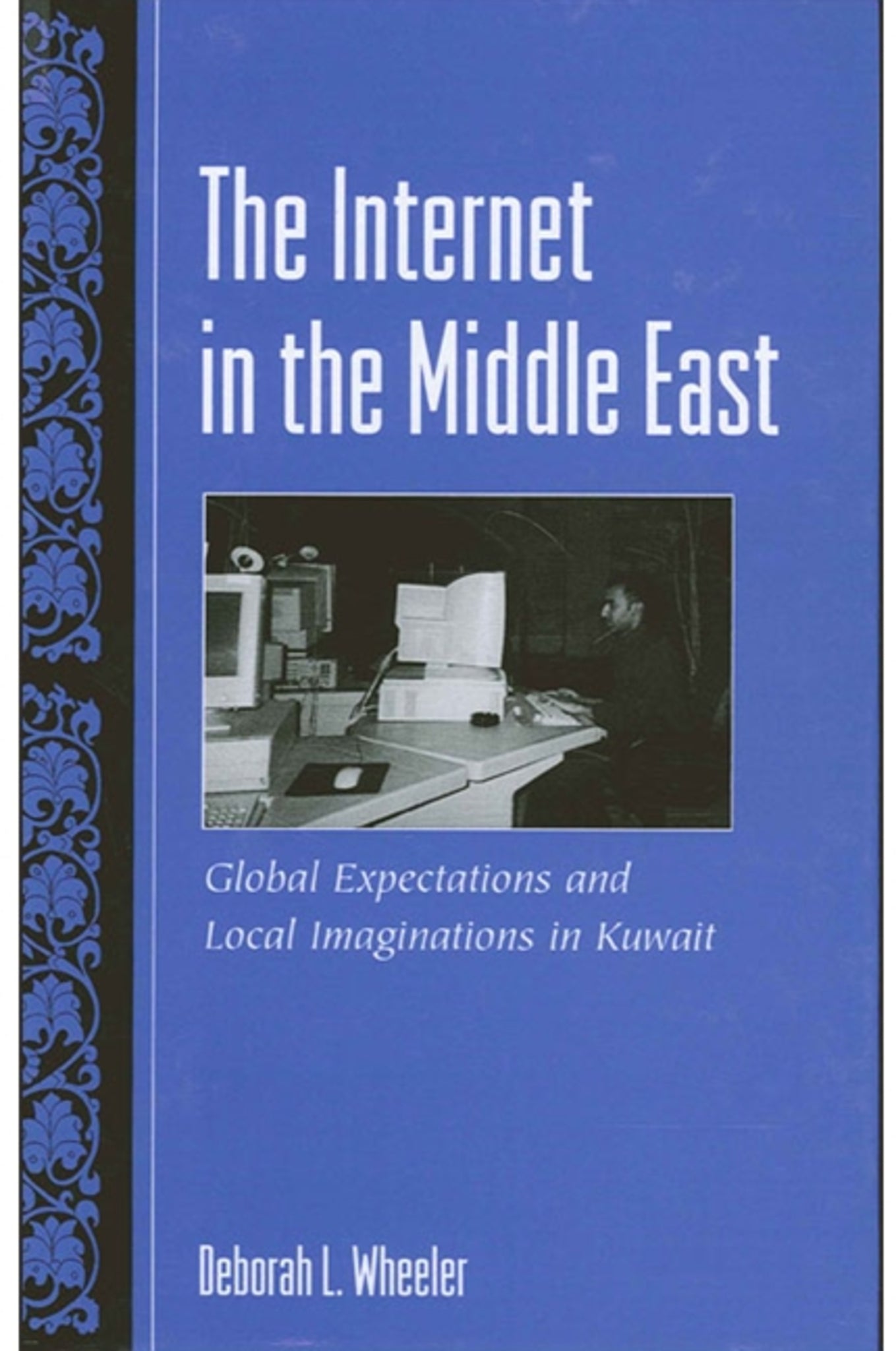We're sorry. An error has occurred
Please cancel or retry.
The Internet in the Middle East

Some error occured while loading the Quick View. Please close the Quick View and try reloading the page.
Couldn't load pickup availability
- Format:
-
27 October 2005

A surprising look at how the Internet does, and does not, affect public discourse and social practice in the Middle East and Kuwait in particular.
Providing one of the first ethnographies of the Internet revolution in the Arab world, The Internet in the Middle East analyzes the ways in which the Internet affects public discourse and social practice in Islamic society. With a special focus on Kuwait, Deborah L. Wheeler offers an intimate journey through the lives of women, youth, and Islamist Internet users, and through their testimonies shows what the Internet means to various Internet subcultures in the emirate.
The book includes a historical overview of the values and design principles embedded in the Internet by its inventors and early adopters, and examines the major questions, debates, assumptions, and findings of the emerging field of Internet studies. Drawing on six years of research, including three years of fieldwork in Kuwait, Dubai, Jordan, Syria, Egypt, Tunisia, and Morocco, Wheeler provides a comparative overview of the meaning and manifestations of the Internet in the Middle East, giving careful attention to whether or not the Internet lives up to global expectations of promoting democracy, economic privatization, and personal freedom.


Acknowledgments
1. The Internet in Global and Local Imaginations
2. The Internet in the Middle East, Kuwait, and Beyond
3 Contextualizing the Internet in Kuwait
4. Women, Gender, and the Internet in Kuwait
5. The Internet and Youth Subculture in Kuwait
6. The Internet and Islam in Kuwait
Conclusion: Technological and Epistemological Challenges in Internet Studies—Lessons from an Ethnographic Approach
Bibliography
Index



